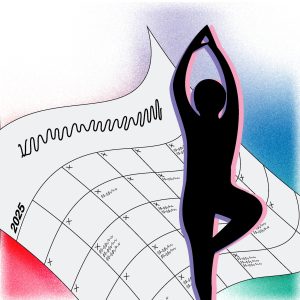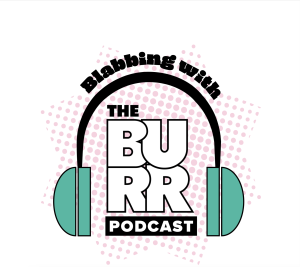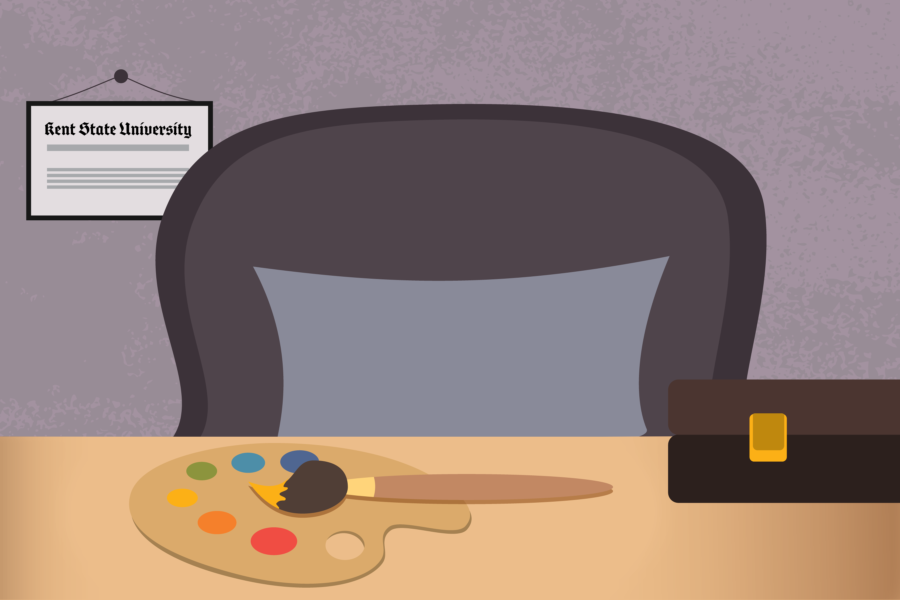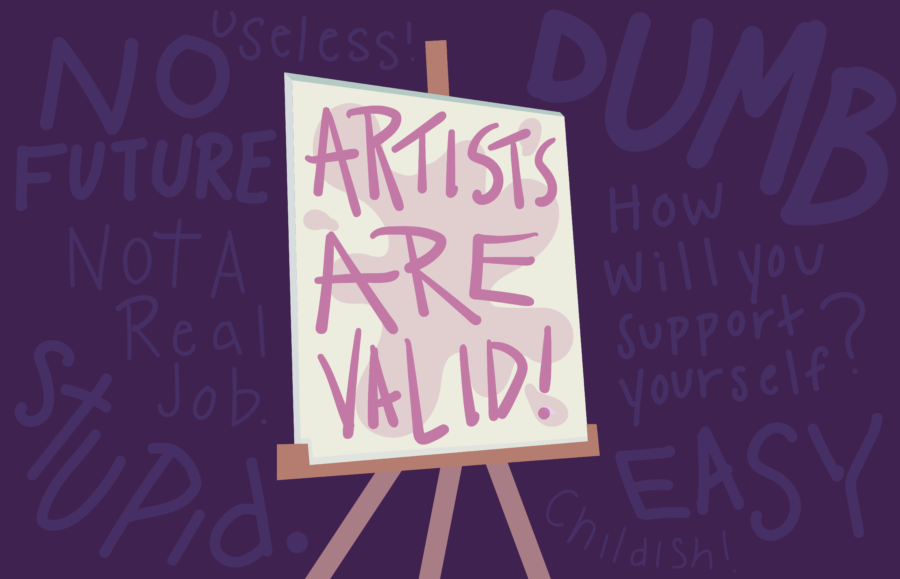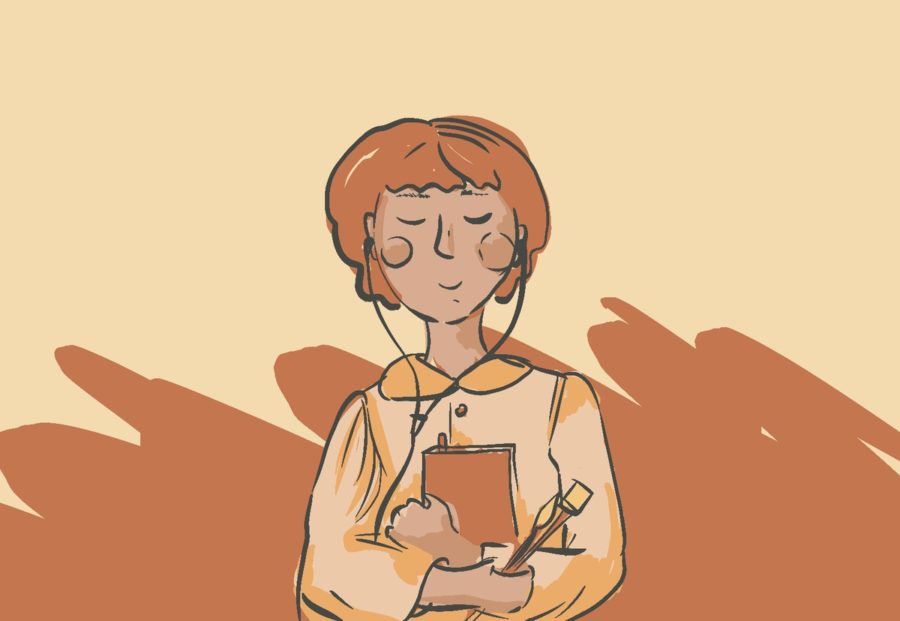Illustration by Emily Aslanis
So, you want to be an artist? You want to sing, dance, paint, pen a novel, play an instrument, take professional pictures or write poetry. Whatever your niche, you know what you want to do, and all you need to do now is do it. Go forth, do your thing and conquer the world!
Easier said than done.
As we all know, a career in the arts is a challenging pursuit. It is rewarding in so many ways, especially if art is one of your life passions, but that doesn’t eliminate the difficulty. Going from a mere amateur, to a student, to a professional status seems daunting no matter where you are in the process.
How does one become a professional artist? What does a successful career in the arts require?
These are the burning questions that many aspiring artists wrestle with. After all, everyone wants to know how to succeed. I am still just a student myself, so I am in the same boat.
Over the last few years however, I attended countless artist lectures, listened to career talks, reached out to professionals and discussed with professors. From these various sources and my personal experiences so far, I find that there are common threads that run through almost every artist’s tips: from how you define your own success to how you present yourself in the professional realm.
The words of wisdom from the beautiful speakers and amazing humans I met continue to be a major source of inspiration for me in my career. I hope they can help you, too. Below I included seven of the most common tips I heard over and over from professionals about careers in the arts, in no specific order.
- Don’t discount the importance of everyday skills, even the seemingly mundane ones
I have heard this one countless times. It always goes something along the lines of: “Just because you’re going into a creative field does not mean you don’t need to know how to write a good email.” In any career, in and outside of the arts, knowing how to send professional emails, create a schedule, build a spreadsheet and write a solid resume are always important aspects of professional life.
- Networking is key
It’s no secret that arts careers are heavily influenced by who you know. The relationships that you build with others, as a student and a professional, are integral in career development at every stage. If you get the chance to attend conferences or events that provide networking opportunities, take it! From my experience, professionals are often very willing to provide advice if you seek it out. You can use social media to stay in touch with companies, professionals and peers that you meet, as well as to discover others who share your passions. Communication is so important. As a dance major, most of the professional social pages I follow are dance related, whether it be a dance company I am interested in or a professional dancer I look up to. A quick search on any social media should help you find some inspiration in your artform.
- Putting yourself out there is the only way to get out there
Whether you want to go into the studio arts, the literary arts or the performing arts, making yourself and your art visible is the only way to start landing contracts and/or selling your work. This is where artists must employ their best entrepreneurial skills. Once again, use social media to your advantage to promote your work. Go to auditions and exhibitions and apply for jobs and internships. Take advantage of every opportunity to make yourself seen by employers and peers within the art community. The more exposure, the better.
- Know how to deal with rejection
Rejection is not personal. This is one of the hardest truths to face in any career, but it is definitely a common struggle in the arts. Unfortunately, there are only limited openings with each company, if that’s the route you want to take. In dance, for example, when dance companies hold auditions, they are often looking at hundreds of dancers for one or two spots in the company. That is difficult for everyone in the audition, but it is especially difficult for the auditioners. They have most likely been where you are, and they want you to succeed. However, they are limited with who they can accept, and it usually has nothing to do with you personally. There will always be more opportunities down the road, so it’s important to learn how to keep sight of your goals, pick yourself up and move on to the next opportunity.
- Attitude is everything
Your attitude is so important. Being pleasant to work with is one of the biggest factors in how people remember you. This is a good rule of thumb for every profession and just for life as well. Be kind, compassionate, genuine and honest. Treat others well and be a team player. Not only will others remember that about you, it will make for a more fulfilling career and a more fulfilling life.
- Be open-minded
Having an open mind can mean a lot of things. It means being open to change in your career, open to experience and open to learning new things. It means going for opportunities you maybe never considered before. It means being considerate of other people and their ideas and engaging in critical dialogues to better understand your art and the people around you. It means understanding that there are so many different paths to success. Yours doesn’t need to be the same as anyone else’s. Open your mind to the possibilities.
- Believe in yourself
Believing that you can get to where you want to be is half the battle. This goes hand in hand with doing what is right for you rather than what you think others expect of you. Spend some time thinking about what you want from your career. Don’t put yourself in a box, and don’t let others put you in a box — give yourself the permission to explore your art in new ways and decide what you want in life. Your career is a natural extension. There will be others who support you along the way, but there will also be those that discourage you or tell you that you won’t make it. In order to stay motivated and driven, you must have a strong sense of self and believe that you can accomplish your dream.
Maybe a career in the arts doesn’t have to be easier said than done. Let your passion, drive and commitment to your artform carry you. Hopefully you can take these tips with you and use them for inspiration and motivation. Go forth, be yourself and do your best. You’ll make it.




